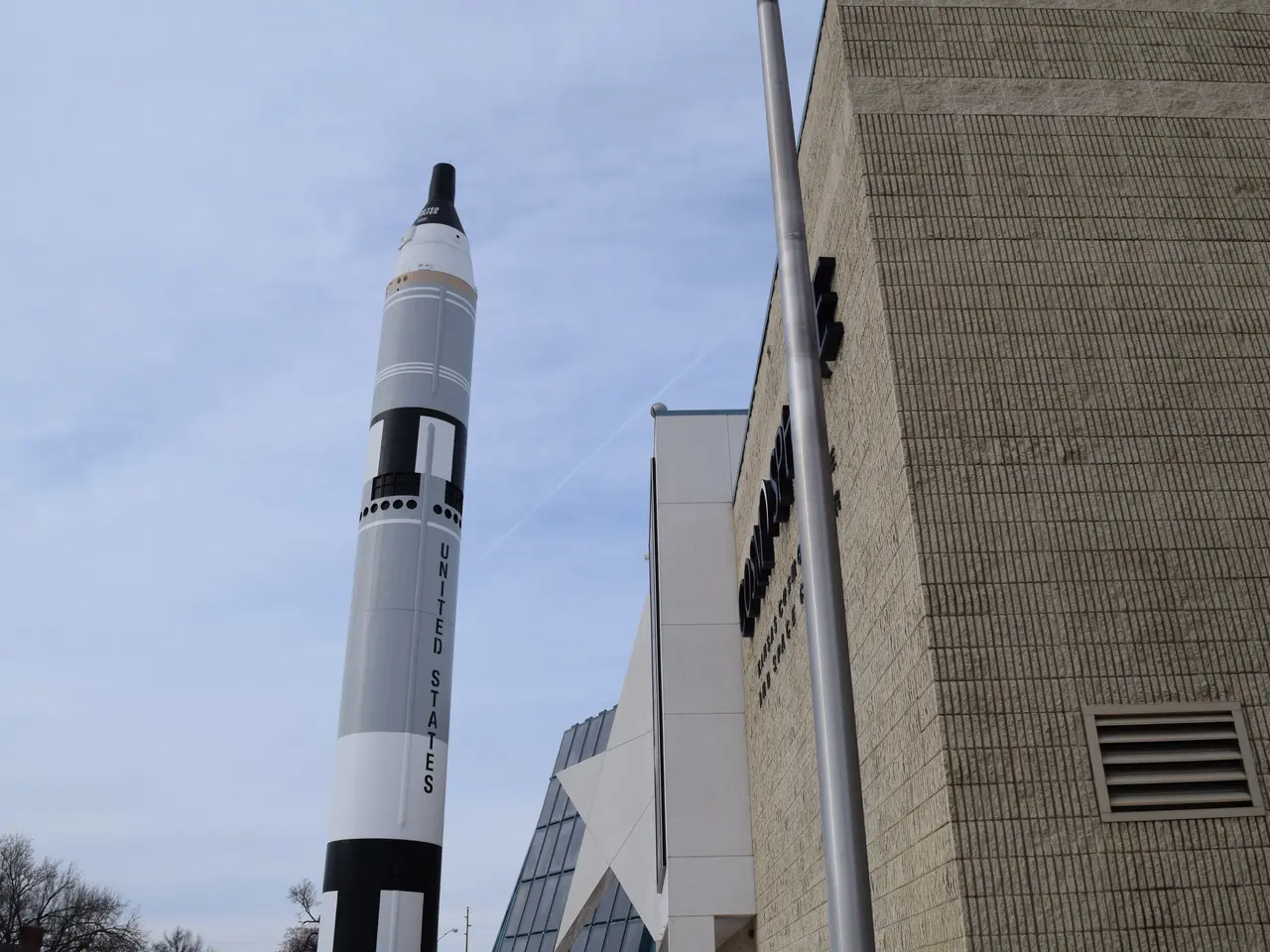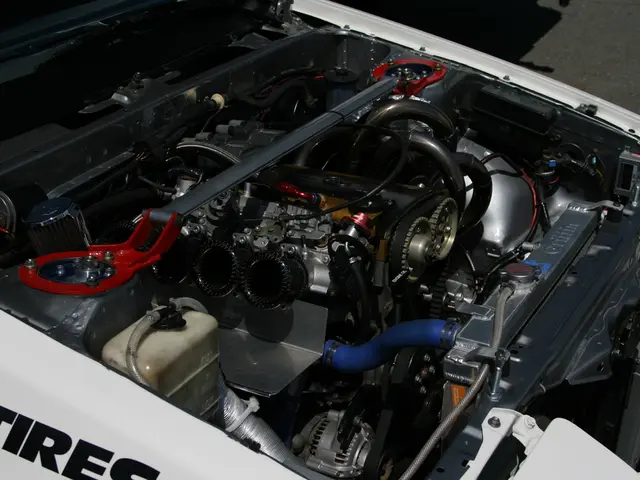Initiate international collaboration with China, manufacture domestically
Pakistan's space program has reached new heights in recent years, with significant advancements in satellite technology and astronaut missions.
In May 2024, Pakistan made history by reaching lunar orbit with its first lunar CubeSat, iCube-Qamar, which was launched aboard China's Chang'e 6 mission. This was a significant milestone for the country's space program.
Between May 2024 and July 2025, Pakistan launched four satellites under its National Space Programme 2047. The PRSC-S1 satellite was launched to monitor melting glaciers, shifting rivers, and provide early flood warnings in Pakistan. Its twin, PRSC-EO1, supports precision farming, irrigation optimisation, crop forecasting, and urban mapping with electro-optical imagery.
Pakistan's astronauts made their debut in space in 2023 when they were transported to the Chinese Tiangong space station by the China National Space Administration (CNSA) using the Shenzhou 16 spacecraft launched by a Long March 2F rocket from Jiuquan. During their time on the station, they conducted important scientific experiments related to space technology and collaborative research.
The government is taking steps to lower investor risk by providing tax incentives and minimum revenue guarantees. Continued funding of innovation hubs such as the National Aerospace Science and Technology Parks (NASTPs) is essential.
To sustain the current momentum, Pakistani policymakers must address fiscal restraints and systemic underinvestment in aerospace education and industry. Pakistan must expand local university degrees in space sciences and facilitate scholarships abroad for PhD programs.
A public-private 'Space-as-a-Service' partnership could be a viable business model for Pakistan's space industry. This partnership would involve Pakistan's national space agency collaborating with Chinese and domestic space-oriented firms offering services. Multi-year contracts with provincial governments, disaster authorities, and CPEC projects could compensate the venture for results, such as the number of hectares mapped or the speed of disaster warnings.
The private partner could sell value-added services directly to telecoms, banks, and insurers, such as logistics tracking or crop risk assessments. Sustained governmental support is needed to foster a culture that champions scientific inquiry in Pakistan.
Pakistan's recent space advancements are built on the indigenous technical expertise of its engineers. This expertise should become the norm, as the strategy could make Pakistan's space program a revenue-generating, service-driven sector that benefits both private markets and public institutions.
Looking forward, Pakistani astronauts are set to board China's Tiangong space station next year, marking another milestone in Pakistan's space program. With sustained support and investment, Pakistan's space program has the potential to become a significant contributor to the country's economy and development.
Read also:
- Exploring Harry Potter's Lineage: Decoding the Enigma of His Half-Blood Ancestry
- Elon Musk Acquires 26,400 Megawatt Gas Turbines for Powering His AI Project, Overlooks Necessary Permits for Operation!
- U Power's strategic collaborator UNEX EV has inked a Letter of Intent with Didi Mobility to deploy UOTTA(TM) battery-swapping electric vehicles in Mexico.
- Commercial-grade hydrogen enhancement systems manufacturing initiated by H2i Technology








